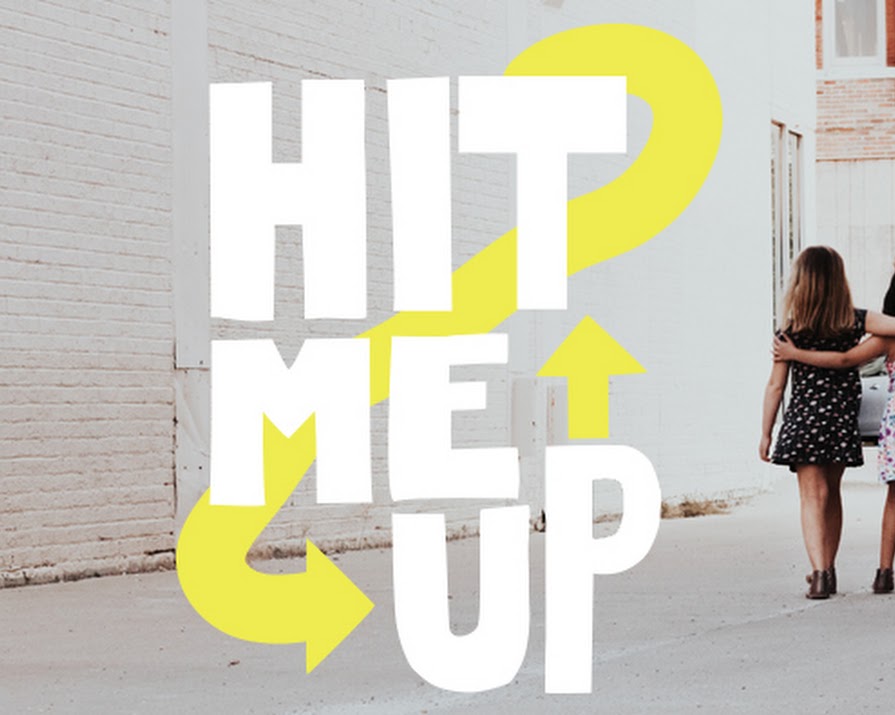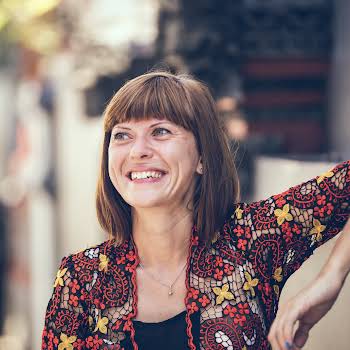By Rhona Mcauliffe
18th Apr 2018
18th Apr 2018
Dear Rhona,
Five years ago, when I was 26, I found out that I was adopted. I needed to explore a health issue and the resulting tests confirmed a genetic issue not relevant to my parents. My mother told me tearfully that they had always planned to tell me and my sister when we were old enough. As time went on, she said, they just couldn’t face telling us and didn’t want to risk tearing the family apart.
When I found out I was furious and had a hard time forgiving them for withholding such formative information. I went through a phase of questioning everything, especially my identity and what had shaped me. They’re model parents in every other way and I managed, via seeing a counsellor, to forgive them and move forward.
The problem is my younger sister, who is also adopted and still doesn’t know. I want to tell her because I think it’s her right to know but she’s suffered for a long time with her mental health and is going through a particularly good patch at the moment.
My parents don’t want to rock the boat and trigger a downward spiral. I’m close to my sister and think knowing the truth will ultimately help her as she’s always felt like the odd one out. The longer she doesn’t know, the more she’s going to hold it against me when she finds out.
I’m also starting to resent my parents again for putting me in this horrible situation.
Should I just tell her?!
Anon.
I’ve just learned a new thing. It’s called Sorites Paradox and it helps to explain why your parents let this lie grow arms, legs and a toe-skimming beard. Sorites roughly translates as ‘heap,’ and can be interpreted as the tendency humans have of postponing a decision, act or announcement by working to the vaguest of deadlines.
In your case, your parents planned to share the revelation of your adoption when you were both ‘old enough.’ When is that exactly? It wasn’t eighteen or twenty-one or twenty-five even. What is it contingent on? The terms were never established. Meanwhile, too much time passes and revealing the truth becomes something contentious and explosive, something that is likely to rock you all. It tips into weirdness, past another fuzzy point where your parents think it’s easier to just say nothing.
We all have secrets, some bigger than others. I would likely still be pedalling my alter ego, a half-Canadian continent hopper with a casual summer house in Toronto, if my Mum hadn’t outed me to my nine-year-old crew. Some secrets are taken to the grave but lots more are whispered on deathbeds like Christian Spurling’s admission that he and his uncle faked one of the first images of the Loch Ness monster; or Lieutenant Walter Haut who signed an affidavit before his death stating that aliens had actually crash-landed at Roswell’s Area 51, and not a weather balloon as he’d been ordered to report at the time. There are murder confessions, admissions of affairs, thefts and family betrayals as well as personal stories of shame or abuse, and so many tales of lost children surrendered to adoption agencies.
A recent study (2017) on the psychological impact of keeping a secret, conducted by Columbia Business School in the US, revealed that there are harmful personal effects just from thinking about secrets. Malia Mason, co-author of the study of 5,000 participants says: “Secrets exert a gravitational pull on our attention, and it’s the cyclical revisiting of our mistakes that explains the harmful effects that secrets can have on our well-being and relationship satisfaction.” Having a secret is a constant reminder that we are masking a part of ourselves, which leads to us feeling ‘inauthentic.’ This cycle, the study affirmed, can hurt or destroy relationships and negatively impact our overall health.
This is not to excuse your parents for choosing the route they did but to acknowledge that they are likely polluted with guilt and worry right now. Finding out, as you did, at the age of twenty-six, puts you in the Late Adoptee category and undoubtedly turned your world upside down. It’s phenomenal that you managed to get past your initial fury, forgive your parents and resume your relationship with them. You mention that you did this with the help of your counsellor and therapy will obviously form a crucial part of the post-Big Bang period for your sister. There’s no doubt that she needs to know her ‘truth,’ as many adoptees refer to it but ironically, countering the vagaries of the Sorites Paradox, timing is key.
As she suffers with her mental health and is likely with a therapist at the moment, or has seen one in the past, I wonder could you make contact with her therapist for advice on how and when to deliver the news? You may need permission from your sister to speak with her therapist, which you could ask for under the guise of wanting to be a greater support.
The worst thing that could happen is that your sister finds out accidentally. Not hearing the news first hand, from either you or your parents, will further isolate her and confirm that she was always ‘different.’ This may also be the case if she is told sensitively and in the safety of her family home but at least your parents can field questions and reassure her that she is and always has been much loved. Although some kind of fall-out is inevitable, it’s worth remembering that even with the most enlightened adoptions, where parents are always open about their children’s origins, it is common for adoptees to say they always felt ‘unworthy,’ which can fuel a need to track their biological parents later for closure. Which is possibly the next emotional hurdle for you and your sister.
There’s a chance that finding out she’s adopted will validate your sister’s unease with her family. She may also place disproportionate hope in finding her biological parents and connecting with them. As well as being legally and systematically difficult to track down birth parents in Ireland – there’s a link to the Citizens Information Bureau here – there could be great joy, searing disappointment, confusion, rejection, disillusionment, or likely all of the above, at the end of her search. Not every adoptee experiences an identity crises on finding out that they are adopted and many have no interest in finding their birth parents unless there is a medical need. However, as many mental health disorders can be genetically traced, your sister may benefit from a deep dive into her ancestral links. Ensuring she is counselled and supported throughout this process will make a huge difference.
In the meantime, no more lies. Your sister may find it difficult to trust you and your parents, or anyone, for a while so offer full disclosure on how and when you uncovered your ‘truth.’ Your parents have the opportunity to take responsibility for their decision now, with your help. The ideal is that they break the news. If they doggedly refuse to tell your sister then, on consultation with her therapist, you should advise them that you will have to tell her. As DNA testing becomes increasingly accessible and social networks continue to shrink the world, it’s only a matter of time before it lands on her doorstep anyway. Much better too that she knows now, when she’s still young and has a fair whack at finding her birth parents alive, should she so wish.
There are so many adoption forums, groups and podcasts – there’s a ‘Top Ten Adoption Podcast’ list – to tap into for additional resources. If you’re keen to lighten the mood, Irish comedian Joanne McNally did a brilliant interview on the Des Bishop podcast where she talks about stalking down her biological parents. As well as wringing the comedy out of her situation, she also discusses her disappointment and the complexities of getting to know and moderating contact with these new adults in her life. Don’t they say that laughing is the best therapy? It might be a good place for you to start, to hear someone else’s story before you focus on getting your parents on side.
Good luck.
Rhona McAuliffe might not be a trained therapist but she does have very big ears, quite a long nose and a gaping heart. If you have a problem that won’t just go away, she’d love to hear it. Write to Rhona at [email protected].





















